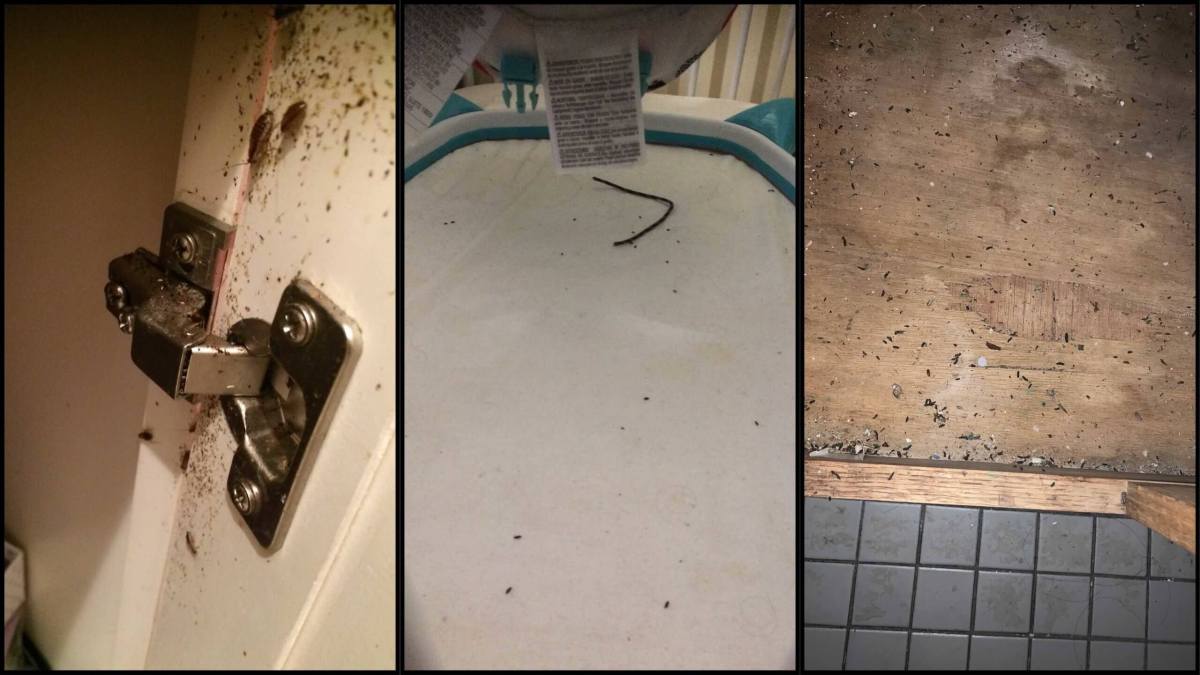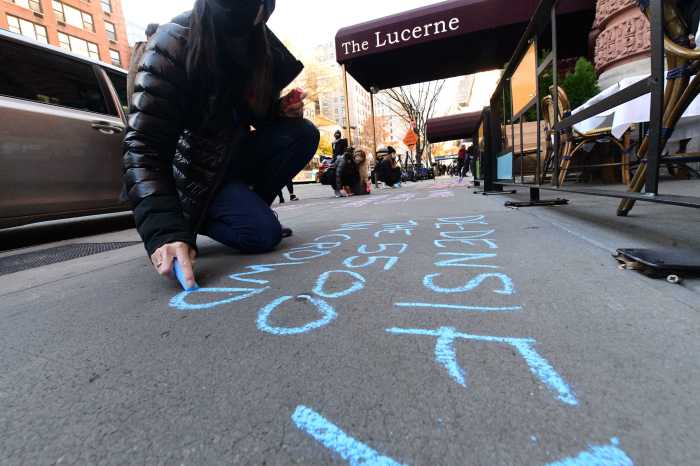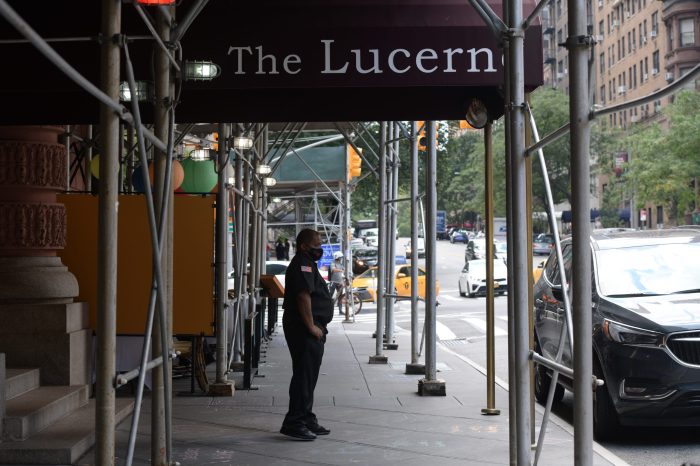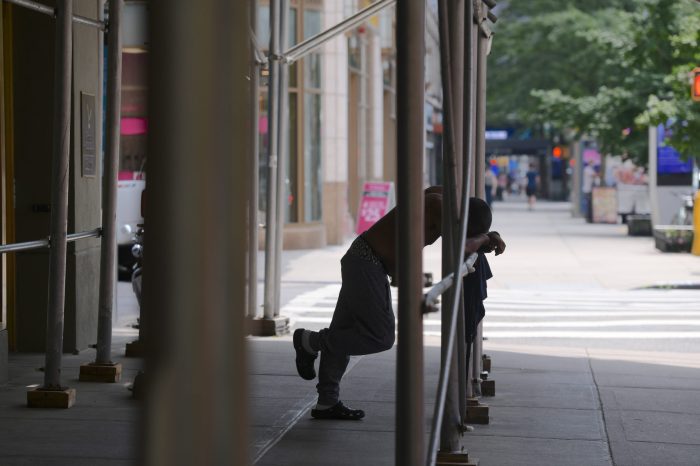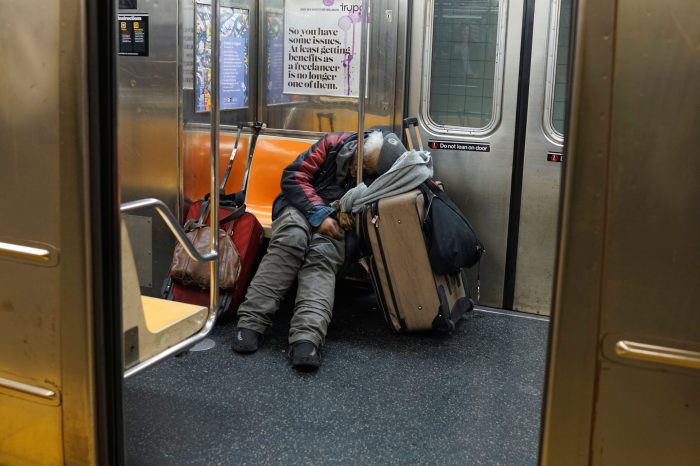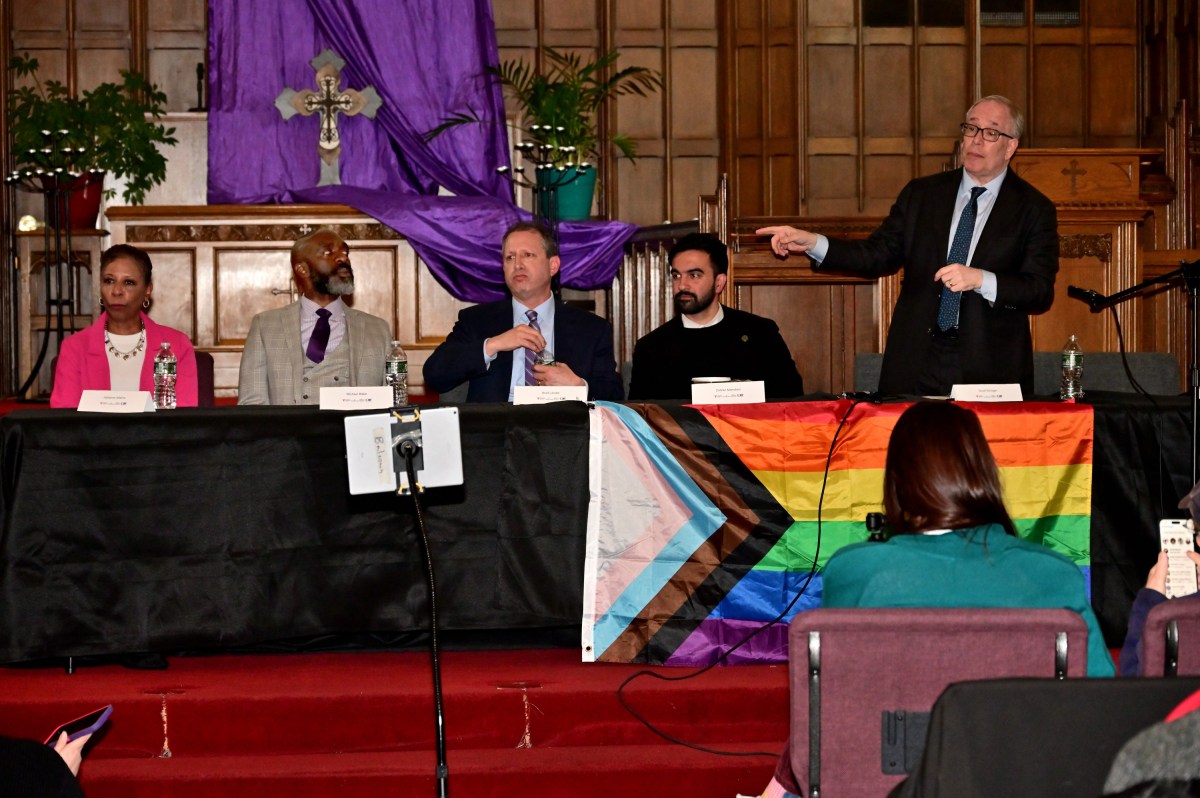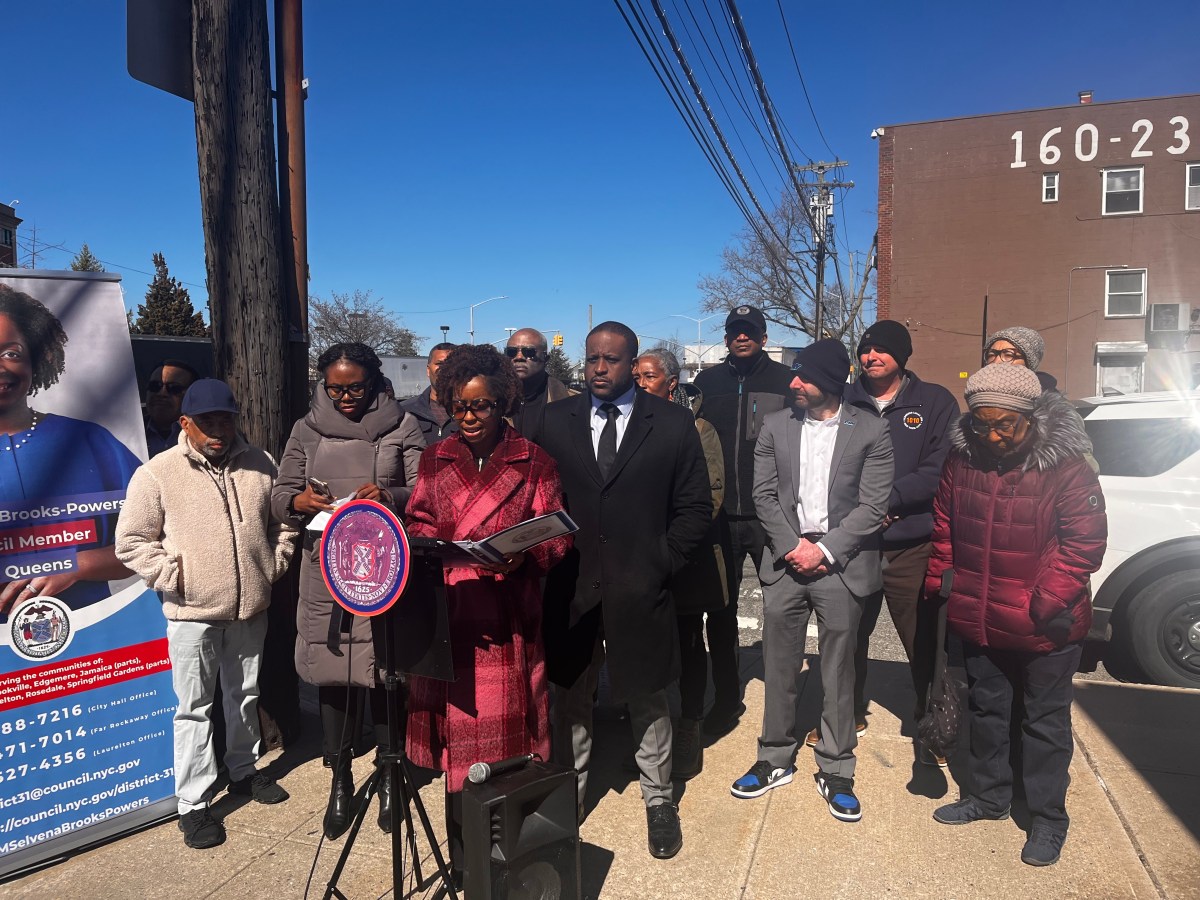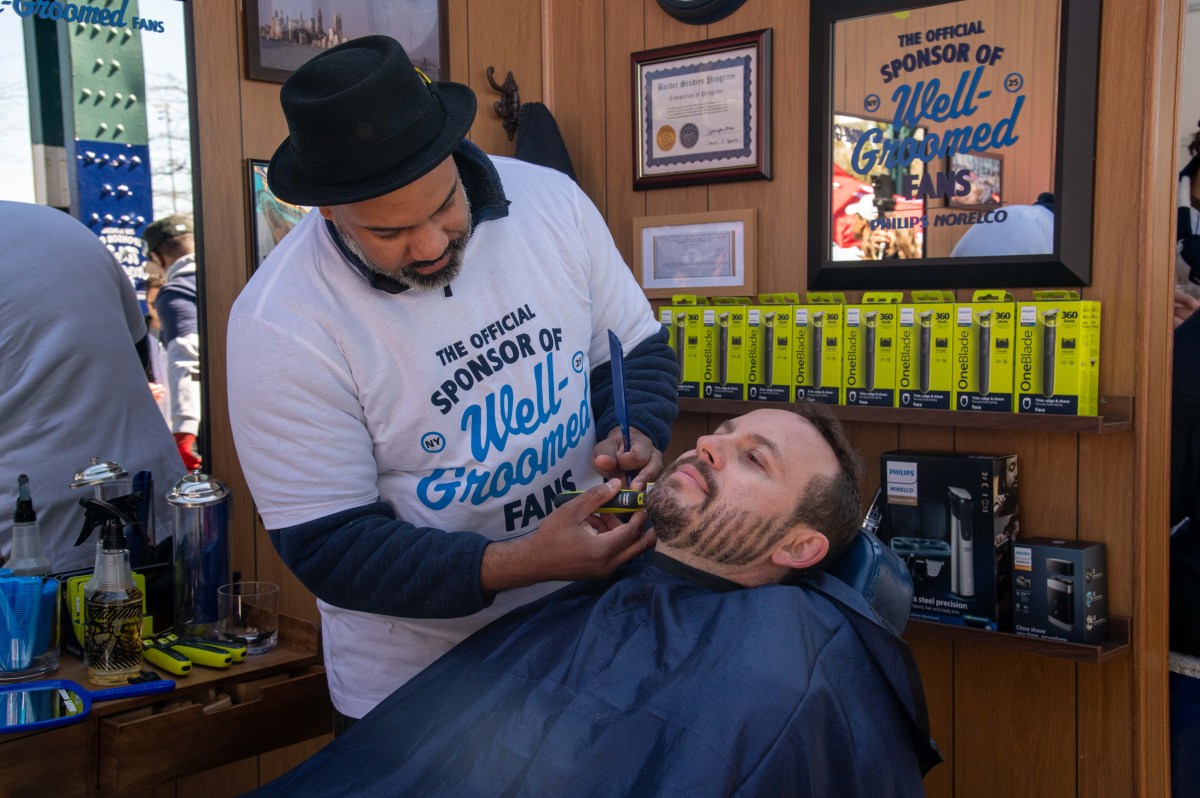It’s bad enough for a New York City child to be stuck in a homeless shelter; it’s far worse when the shelter isn’t safe for them to live in.
That’s the finding of an audit that City Comptroller Scott Stringer’s office conducted of the Department of Homeless Services facilities between November 2018 to March 2020, which found that children have been living in hazardous conditions across the five boroughs.
Stringer said the hazards include mold, vermin infestation, inoperable heating systems and dangerous electrical work. He called on the DHS to address the issues and provide safer housing for homeless families with children.
According to the most recent report from the DHS on the number of children currently in shelters, they total about 17,661 out of 53,652 overall.
“Our first job is to care for the kids and it is the bare minimum we can do as a city and a society. As comptroller, I’m here today to say that the conditions we’ve uncovered shows that the city has utterly failed in its responsibility to protect our most vulnerable children. And as a parent I’m here today to say that what we’ve uncovered is shameful and distressing,” Stringer said.
Stringer’s audit covered 13 shelters where a total of 264 health and safety violations were found while about 50 infants died from “preventable” sleep related injuries while in DHS facilities on an annual basis.
“In one case, a shelter inspected by our auditors and no heat at the time of the inspection, which was in the winter. The heater was infested with live roaches, and the family resorted to taping plastic around the windows to keep the cold air out,” Stringer added. “In another shelter, our auditors found rodent droppings inside a crib, which means that not only was there a baby potentially sleeping among the rodent droppings, but the rodents themselves could actually reach the baby.”
According to DHS, measures have been taken to reduce the amount of infant deaths in their facilities and preliminary data for fiscal year 2021. The agency claims the finds from the auditors were withheld for up to a year instead of being reported in at the time of the observances, and accused the comptrollers audit of having political motivations.
“At NYC DHS, we’ve taken decisive action to ensure we’re proactively promoting infant and child safety, maternal health for new and expecting mothers, and Safe Sleep practices with all families who come to us in need of shelter, including through robust inter-Agency partnerships with the City’s Department of Health—and the data show that these essential strategies are working,” DHS spokesman Isaac McGinn said. “The audit appears to have deliberately overlooked and omitted these efforts, the host of life-saving strategies we’ve implemented, the resulting data, and really any mitigating factor that would’ve changed the preconceived narrative here, which only serves to further stigmatize shelter, poverty, and the experience of homelessness.”
The audit recommendations from Stringer’s office are as follows:
- DHS should ensure that the shelter providers promptly inspect and correct the conditions that raise safety and health concerns in the 13 sampled shelters identified in this report.
- DHS should update, and enforce, its written policies and procedures to include a specific timeframe in which shelters must update their records in CARES, any successor system, and other records to account for the presence of all infants. The written policies and procedures should cover, at a minimum, updates to the family composition records, and a standard, readily searchable, contemporaneous record of the date every infant, including every newborn, begins residing in the shelter.
- Shelter staff should ensure that they play the prescribed safe sleep instructional video for all families with infants and then obtain properly completed Safe Sleep Education/Acknowledgment and Crib Acceptance/Refusal Forms on time from all families with infants and that they use only the updated form DHS prescribes.
- Shelter staff should ensure that they perform the required weekly unit inspections, that they document the results in a timely manner, and that they take prompt corrective action to address the deficiencies they find.
- DHS should establish and enforce consequences for noncompliance with infant safety policies.
Of the ten recommendations, Stringer’s report claims that nine were embraces by the agency which claims many reforms were already underway prior to the release of the audit which can be accessed online at comptroller.nyc.gov.



